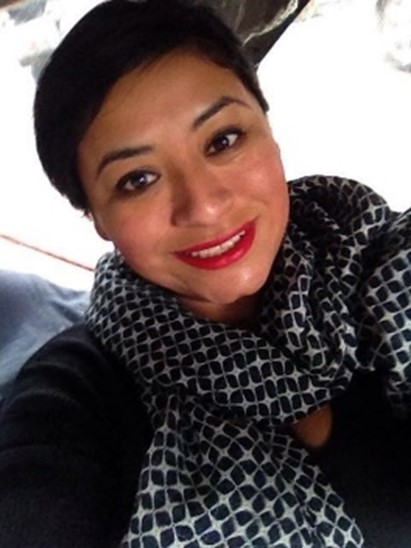
Yolanda Cruz is the Regional Manager for the Sequoia Office of the California State Council on Developmental Disabilities (SCDD). She oversees seven counties that are all farming communities that struggle with getting and keeping services. Yolanda has worked closely with the agricultural communities to conduct outreach, education, and provide resources to families that struggle to receive much-needed services. In addition, she has worked in metropolitan and rural areas, emphasizing outreach to monolingual Spanish-speaking communities.
Most importantly, Yolanda has a brother with developmental disabilities and co-occurring mental health disorders. She knows firsthand the barriers monolingual Spanish-speaking families have, as both of her parents were monolingual Spanish speakers who struggled to get needed services for her brother. She is passionate about the work she is doing and is always willing to expand her knowledge by taking on new projects and educational opportunities.
Plenary Sessions
Nov. 14 – 10:50 AM
Disability Awareness: Understanding the Diversity of Disabilities
This session introduces the wide range of disabilities—both visible and invisible—and how they can affect learning, communication, social skills, behavior, and day-to-day functioning. We’ll explain that there is no single “high” or “low functioning” label. Instead, each person has a unique profile across different areas: someone may have strong communication and lower social skills, or significant motor challenges and strong cognitive abilities. This session would include a brief overview of supportive strategies.
Learning objectives would include:
- Recognize the difference between visible and invisible disabilities.
- Understand key domains affected by disability (cognitive, communication, social, behavior, motor/adaptive).
- Replace “high/low functioning” labels with individualized profiles and support needs.
- Identify strengths-based, inclusive practices that match a person’s specific profile
Breakout Sessions
Nov. 14 – 2:15 PM – 3:30 PM
What About Me? Understanding Sibling and Family Experience When One Child Has a Disability
This presentation will take a closer look at what it’s like for families, especially siblings, when one child has developmental delays. While the child with a disability often gets a lot of what is perceived as love and attention, other siblings may feel left out, overlooked, or pressured to grow up quickly.
We’ll talk about how family expectations, especially in Latino households, can sometimes create unrealistic expectations for siblings. For example, parents may expect brothers and sisters to help care for the child with a disability, or they may give so much attention to that child that others feel invisible. Cultural values like keeping things in the family or always showing respect can make it hard to talk about these feelings.
We’ll also cover:
- The sibling perspective from a sibling
- The feeling of sadness, anger, or guilt that is often left unspoken
- The impact of overprotecting the child with a disability, and how that affects everyone else
- What happens when parents don’t plan for the future of their child with a disability
- Simple ways to make sure all kids in the family feel seen, heard, and supported
This session is about starting honest conversations and helping families find a better balance—so everyone in the family can thrive.
Nov. 14 – 3:45 PM – 5:00 PM
Promoting Relationship Wellness, Safety, and Respect
Individuals with intellectual and developmental disabilities (IDD) often face unique challenges in understanding their bodies, setting personal boundaries, interpreting social cues, and developing safe, healthy relationships. This interactive workshop is designed for parents and caregivers who want to better support their child’s sexual development throughout different life stages.
We will explore why sexuality education is critical for the health, safety, and well-being of individuals with IDD, particularly in reducing vulnerability to abuse, building self-esteem, encouraging autonomy, and addressing issues like shame and stigma. The session will break down complex topics such as gender identity, sexual orientation, consent, hygiene, and communication in ways that are inclusive, developmentally appropriate, and practical for everyday conversations.
Parents and caregivers will gain:
- A better understanding of what sexuality means beyond sex, including identity, connection, and relationships
- Guidance on age-appropriate conversations from childhood through adulthood
- Strategies for responding to behaviors and questions with confidence
- Tips on creating open, safe, and judgment-free environments
- Resources that are inclusive and accessible for people with IDD
Together, we will reframe sexuality education as a lifelong learning process that empowers individuals with IDD to make informed, respectful, and safe choices about their bodies and relationships.
Nov. 15 – 2:00 PM – 3:15 PM
Putting It Into Practice: Action Planning for Disability Services & Supports
Participants will engage in hands-on learning through case scenarios featuring a child, a teen, and an adult. Working in small groups, they will explore each individual’s strengths, challenges, interests, needs, and goals. Groups will identify necessary services and supports, and develop practical action plans to help each person access what they need to thrive. This interactive approach will build participants’ skills in assessing needs and creating effective, person-centered strategies.
 Official Government Website
Official Government Website
